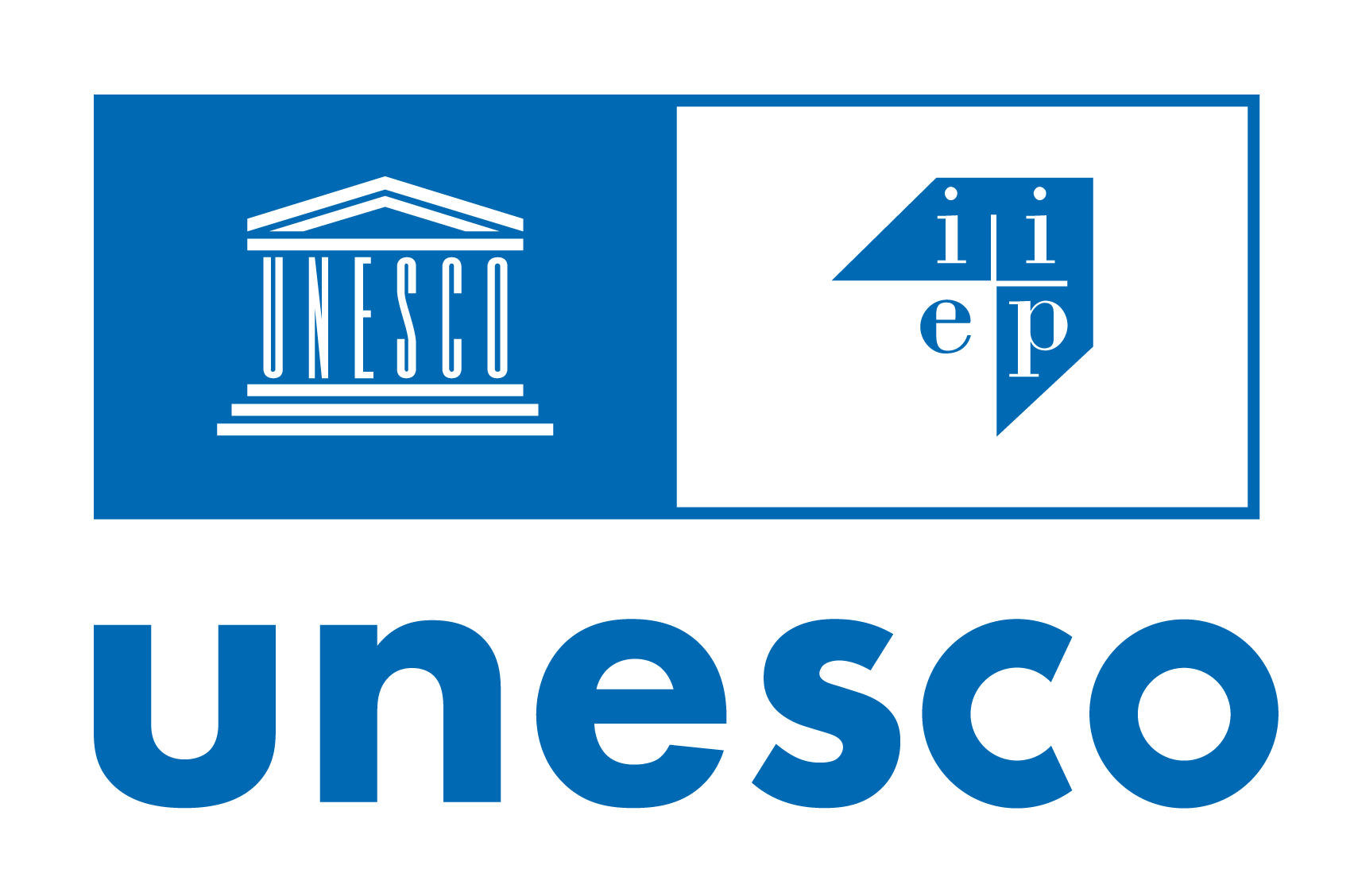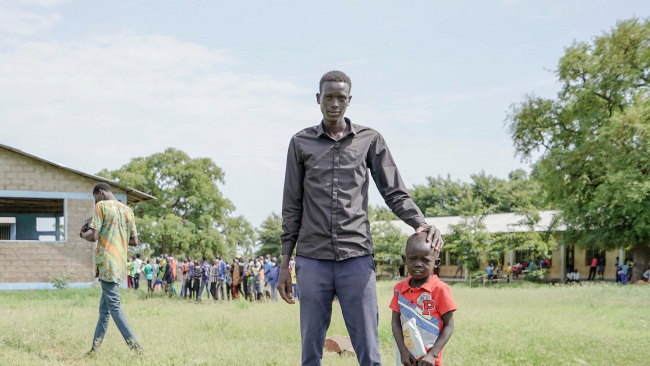Authored by Candyce Billy and Katja Hinz from IIEP-UNESCO with Helen West from Education Development Trust. This article is part of a series of articles on teacher management in refugee settings.
Findings from EDT and IIEP’s multi-country case studies revealed that a set of system-level preconditions is needed to foster effective teacher management in refugee settings. These preconditions include (but are not restricted to):
An enabling policy environment
Enabling policies for inclusion at the international, regional, national, and sub-national level are those which allow refugees to thrive, participate, and contribute to host communities. From our research, two key rights emerged as essential for effective refugee teacher management. Firstly refugee teachers who often have earned qualifications in neighbouring countries need both recognition of these qualification and access to the right to work. Secondly, the right to freedom of movement is crucial in enabling refugee teachers to be deployed and in facilitating access to pre- and in-service professional development opportunities.
The active participation of stakeholders at all levels in the development, dissemination and implementation of policies
Allowing for appropriate responses to local challenges in refugee hosting regions requires the engagement of a wide range of stakeholders, including from other sectors, and at all levels in the development, dissemination and implementation of policies. In particular, sub-national stakeholders, including local authorities, teachers and parents, will enable local realities to inform policy development and ensure that local needs and issues are captured.
Government-driven coordination and collaboration between stakeholders
There is a strong need for shared planning and partnership, with development partners, humanitarian stakeholders and other education actors aligning their priorities with those of the government. Government-driven consultation and collaboration between stakeholders should also include consultations at the school and community levels, to capture the voices of those being directly impacted by policies.
Reinforced capacities of key government stakeholders at all levels
As progress is made towards inclusion, strengthening capacity may be needed, both in technical and logistical areas. At the national and sub-national levels, support should be offered to education ministries and bodies responsible for teacher management to better understand and plan for the needs of teachers in refugee setting. Strengthening capacity is particularly needed in dual systems where the government does not yet have full ownership of schools.
A strong data collection system that is responsive to the fluctuation in student populations and can provide disaggregated data
Education systems need timely, accurate data on refugee populations, school enrolment, and teachers. Given that refugee populations may arrive quickly and in large numbers, there are challenges in ensuring that schools have adequate classrooms and teachers, especially when planning and budgeting is conducted at the national level in advance of a school year. Existing EMIS and TMIS should encompass data pertaining to both refugee learners and teachers including information about teacher qualifications, and allow safe and responsible disaggregation of data by international protection status.
Formalized financing and resource mobilization mechanisms at all levels and established long-term partnerships with development and humanitarian donors
There is an urgent need for reliable and sustainable funds to allow for effective refugee teacher management and further inclusion, in particular with regard to teacher remuneration which is currently largely covered by unpredictable and non-sustainable humanitarian funding. As such, it is essential that any investments from international development and humanitarian partners aimed at supporting refugee teachers be done in coordination with national authorities: this allows for coordinated, joint efforts toward sustained, long-term goals, with more durable ownership from the national government.
At the national level, forms of decentralisation can facilitate flexible financing approaches for rapid response for funding needs. Through decentralised processes, local needs can be reported to the central level, with flexible budgeting to allow for a quick response to recruiting and deploying teachers, the creation of temporary learning centres, and the recruitment of teacher assistants to support particular populations.
- Read the other articles in the series on:
- Teaching and thriving in refugee settings: A series of articles on key recommandations for teacher management in refugee settings
- Attracting, recruiting and deploying teachers in refugee settings
- Improving access to and the quality of pre- and in-service teacher professional development in refugee settings
- Supporting teachers in refugee settings: job conditions and career pathways
- Support teachers in displacement situations
In the lead up to the Global Refugee Forum (GRF) 2023, the Task Team on Teachers developed guidance for States and other pledging entities to effectively address the needs of teachers working in contexts of displacement and crisis. The guidance includes 10 key actions that stakeholders can commit to at the upcoming Global Refugee Forum.




